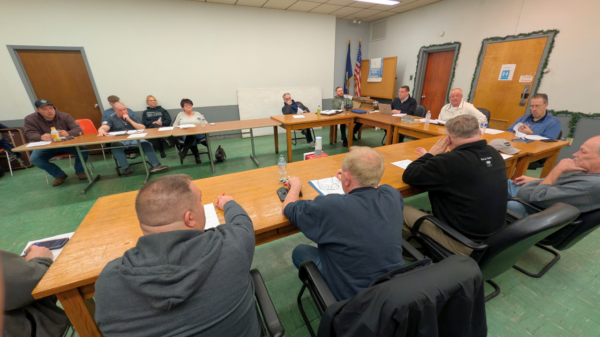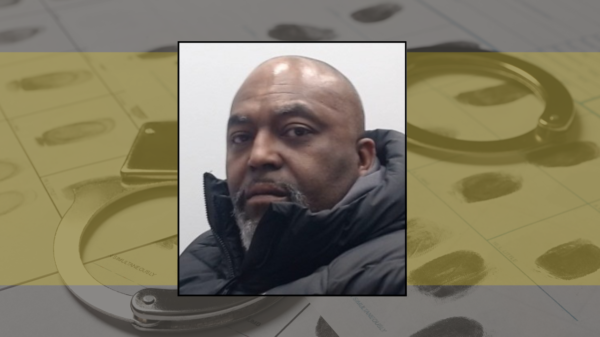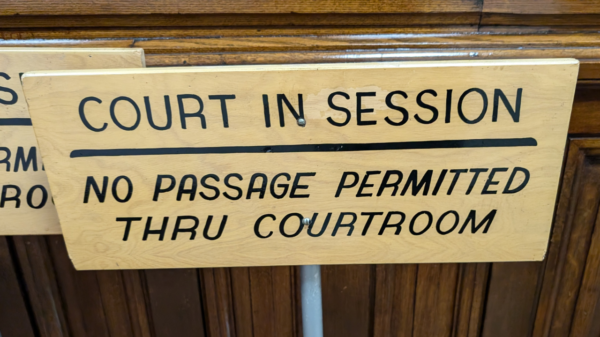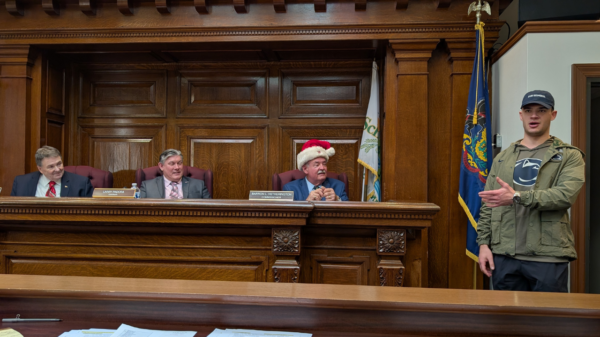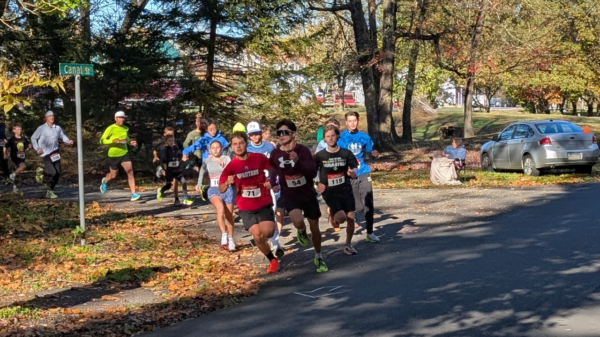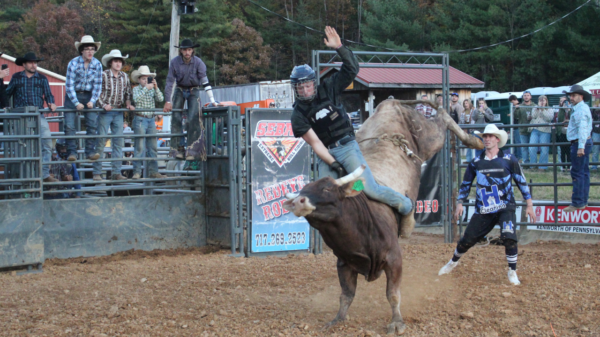A judge on Thursday denied motions for summary judgements filed by former Schuylkill County Commissioner George Halcovage, current County Administrator Gary Bender, and former Human Resources Director Heidi Zula in the 2021 Jane Doe v. Schuylkill County sexual harassment and retaliation lawsuit.
In separate orders, US Magistrate Judge Daryl Bloom determined that there is enough evidence in dispute in this lawsuit and that a jury should weigh it rather than him issuing the judgments the defendants wanted. Therefore, he denied each defendant’s motion for summary judgement.
In comments to The Canary late Thursday afternoon, Catherine Lowry, the attorney representing the Jane Doe plaintiffs in this case, said, “The plaintiffs are pleased with the court’s decision and are looking forward to presenting the facts to the jury so that justice may be served.”
Halcovage, Bender, and Zula are just some of the defendants named in the 2021 federal civil lawsuit filed by 4 Jane Doe plaintiffs who are and were Schuylkill County government employees.
The Jane Doe plaintiffs say they were subjected to unwanted advances by Halcovage for years and, only when they complained to supervisors and filed this lawsuit, were then victims of systematic retaliation, namely by the Human Resources directors, their supervisor, Bender, and the County government.
Another former HR Director, Doreen Kutzler, and a former County Solicitor Glenn Roth, have also been named as defendants in the lawsuit and have also filed for similar motions for summary judgement.
Rulings on their motions have not been posted by the court as of the time of this publication.
The County government is also named as a defendant but did not file a similar motion.
By denying the motions by Halcovage, Bender, and Zula, it means that each of these individuals and the County likely will be headed to trial over these claims, bar any settlements.
If a jury finds them all guilty, including the County government as a whole, not only will it be held liable for damages but each individual defendant could also be personally on the hook for damages.
No trial dates are currently in place.
At least one known previous attempt to settle this lawsuit for more than $800,000 combined between the 4 Jane Doe plaintiffs was turned down.
What is a Motion for Summary Judgement?
A motion for summary judgment is a legal request to end a court case without a full trial. It happens when one side (the one asking for the summary judgment) argues there’s no real disagreement over the important facts of the case, and these undisputed facts mean they should win according to the law. Here’s a simple breakdown:
Why It’s Used: This motion is used to speed up the legal process. If there’s no real issue to be decided by a jury or judge (like what actually happened in a dispute), then there’s no need for a trial.
How It Works:
The side asking for the judgment (in this case, Halcovage, Bender, and Zula) must first show there’s no genuine dispute over the critical facts. They do this by presenting evidence like documents or witness statements.
Once they make their case, the other side (in this case, the 4 Jane Doe plaintiffs) has the chance to show there is a dispute that needs to be decided at trial. They also do this by presenting evidence.
Criteria for Granting or Denying:
- Granted: If the judge believes there’s no real disagreement on the main facts and the law clearly favors the side asking for the judgment, the motion will be granted. This means the case ends without a trial.
- Denied: If there’s evidence showing there are important facts still in dispute or if it’s not clear who the law favors without further examination, the judge will deny the motion. This means the case goes to trial so those disputes can be resolved.
In essence, a motion for summary judgment is all about whether the case can be decided quickly by looking at the facts and the law without needing a trial to figure out what really happened or how the law should apply.
Subscribe to Coal Region Canary
Get email updates from Coal Region Canary by becoming a subscriber today. Just enter your email address below to get started!Support Coal Region Canary
Like our reporting and want to support truly local news in Schuylkill County? Your small donations help. For as little as $5, your contribution will allow us to cover more news that directly affects you. Consider donating today by hitting the big yellow button below ...




